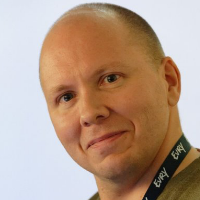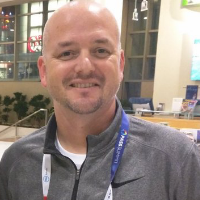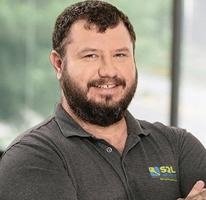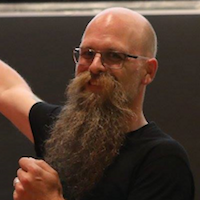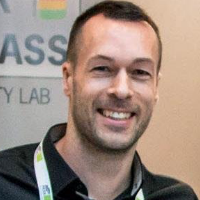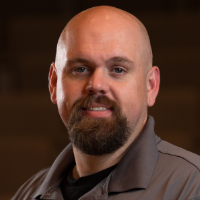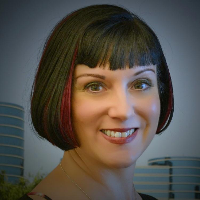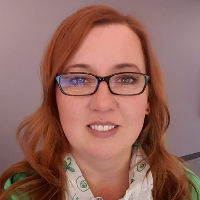I decided to start a series of blogs where I interview key people in the SQL Server community. Instead of me asking technical questions, I plan on asking about their outlook on the future, books they read (non-fiction and/or technical), and their overall thoughts on where technology (mainly SQL Server) is headed. You can find more interviews here.
Next up: Melody Zacharias (b | t):
Mohammad: Do you think people who dismiss the cloud as a “fad” or just don’t take it serious enough to learn about it (i.e. Azure, AWS, etc), will be in a tough spot to find a job 5 years from now?
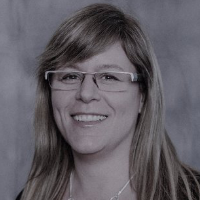
Melody: Will people who do not embrace the cloud be in a tough spot to find a job in 5 years. I don’t have a crystal ball, but, I would be surprised if they would be happy with their decision. 😊 Our industry is constantly changing and if we do not change with it we will be unhappy. That is not a cloud vs non cloud issue but just a general, we as professionals should try to continue to learn to ensure we can stay relevant.



